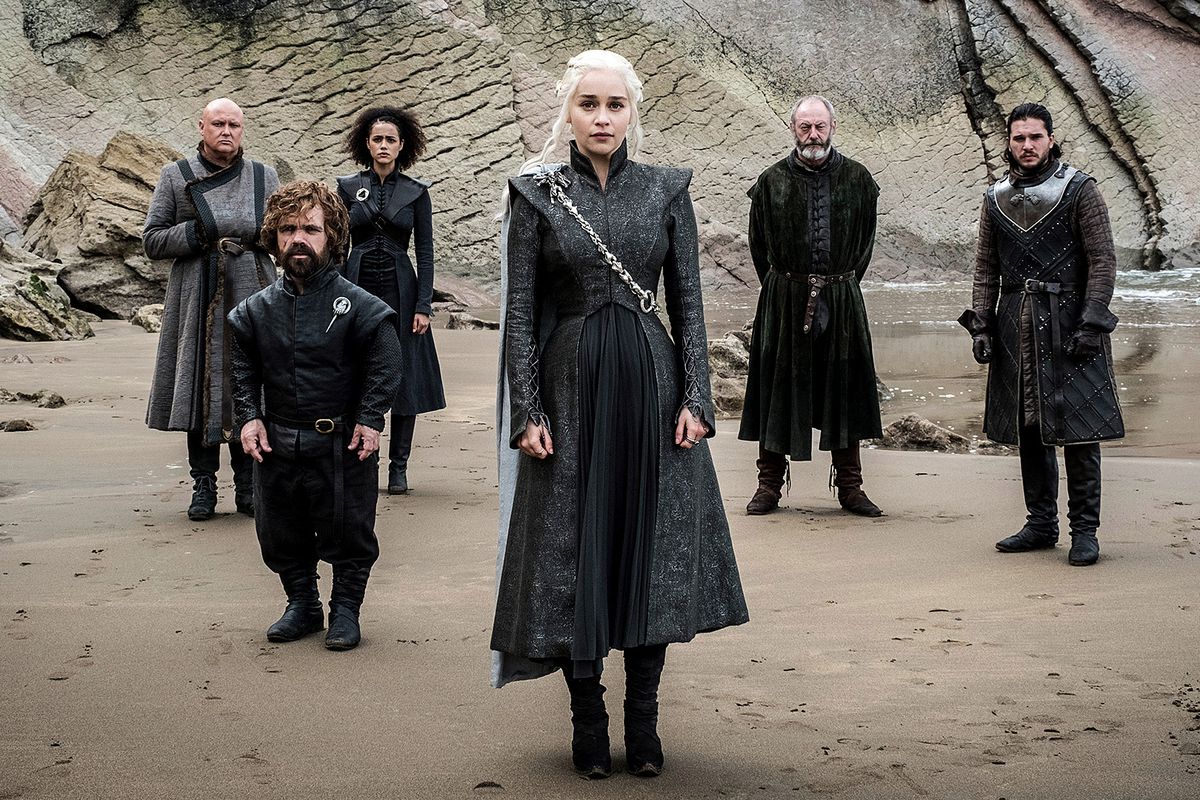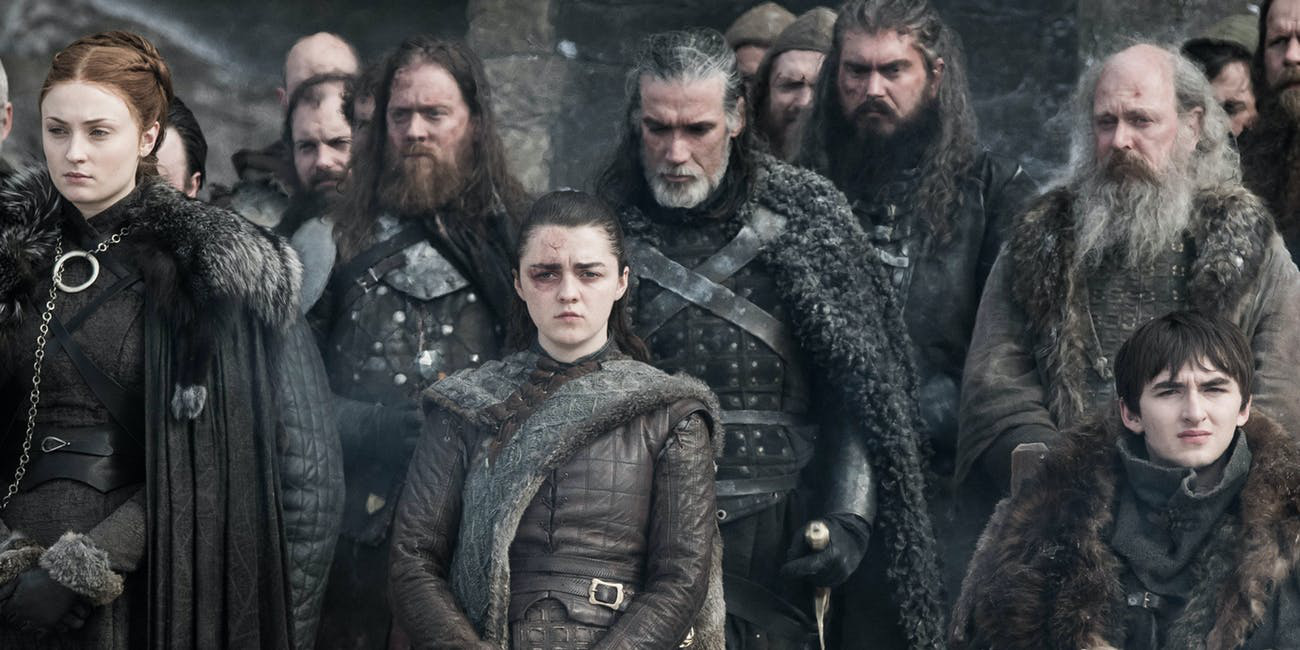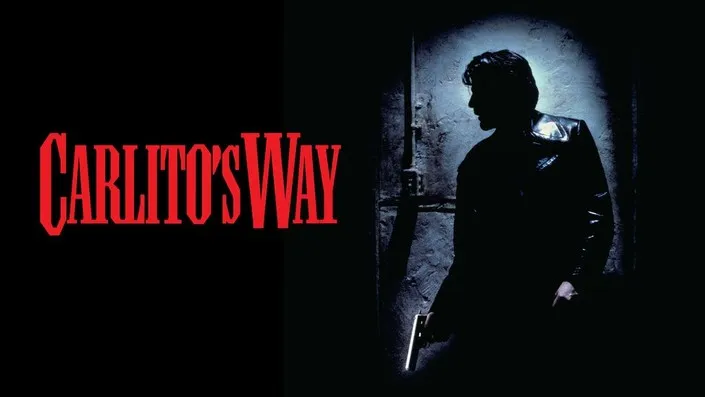It’s been years since Game of Thrones wrapped its controversial final season, yet the world of Westeros continues to spark debates, inspire spin-offs, and fuel hopes of a redemption arc. While some fans made peace with the conclusion, many others were left yearning for a more satisfying continuation. Now, whispers in the winds of the North suggest that the game might not be over.
If HBO or George R.R. Martin were to greenlight a direct sequel to the series, perhaps titled Game of Thrones: Rise of the North, what might it look like? Let’s imagine it—and explore how this return to Westeros could reclaim the Iron Throne of television.
In the final season of Game of Thrones, Daenerys Targaryen fell to her own ambition, Jon Snow was exiled to the Night’s Watch, Arya sailed west in search of uncharted lands, Sansa claimed the North as an independent kingdom, and Bran Stark was crowned king of the Six Kingdoms. It was an ending that subverted expectations—but also divided the fanbase.
For many, the pacing felt rushed, character arcs abruptly turned, and unanswered questions lingered like ghosts in Winterfell’s crypts.
If a sequel is ever produced, one likely narrative direction would be to shift the power epic northward, focusing on the Starks—the family that became both the moral compass and enduring survivors of the original saga
It’s been ten years since Bran’s coronation. The North remains fiercely independent under Queen Sansa Stark, but political cracks run deep. Trade is strained. Southern houses question Bran’s passive rule. Magic, long dormant, begins to stir again in the icy corners of the world. Whispers of direwolves and weirwood visions spread. The old gods are restless.
Beyond the Wall, Jon Snow leads a fragile alliance of Wildlings and exiled Night’s Watch brothers. But a strange sickness spreads—one that turns skin to ice and memories to fog. This is not the return of the White Walkers—but something older.
-
Jon Snow (Kit Harington): Older, wearier, and more uncertain of his place in the world. His lineage as a Targaryen and a Stark still haunts him. But a new threat may force him to step into the role he once rejected.
-
Sansa Stark (Sophie Turner): Now Queen in the North, ruling with diplomacy, grit, and growing political savvy. But she fears what lies beyond her borders—and what her brother may become.
-
Arya Stark (Maisie Williams): Thought lost at sea, Arya returns with news of a terrifying, ancient force stirring in the West—one that could swallow not just Westeros, but the world itself.
-
Bran the Broken (Isaac Hempstead Wright): King of the Six Kingdoms, but increasingly absent—his mind often “warging” into other realms. Is Bran still human? Or has he become something else?
-
A New Generation: Children of the realm rise, uncertain of the past but hungry for power, legacy, and truth. A young Baratheon with dragon dreams. A Lannister bastard with a broken sword. A Stark heir who speaks to crows.
Rise of the North would not be about reclaiming the Iron Throne—but about what comes after thrones fall. The world left behind is broken, fragile, and magical again. The themes would shift from the quest for power to the question of what legacy truly means, and whether peace built on secrets can last.
Jon Snow, who "knows nothing," must finally choose: Will he remain in exile, or will he rise to defend a world that cast him out?
While House of the Dragon has successfully revived interest in Westerosi lore, it lacks the intimacy and stakes of the original series. A continuation—focused on the Starks and a post-kingdom world—would allow HBO to do what Season 8 couldn’t: take its time, rebuild emotional arcs, and answer long-gestating questions.
What lies beyond the known world?
Is Bran still Bran—or a vessel for something older?
Can Jon Snow ever escape his destiny?
Will the North stand united—or fall divided?
-
Closure: Jon and Daenerys’ storyline ended in tragedy and silence. Many fans want Jon to face the legacy of what he did—and what he left behind.
-
Magic: With Melisandre, the Three-Eyed Raven, and the Night King gone, the balance of the supernatural is broken. But the magic of Westeros cannot be extinguished—only reborn.
-
Pacing and Depth: A slower, more thoughtful series—eight to ten episodes per season—could restore what Season 8 rushed.
-
A New Threat: No more wars for the throne. The real threat should come from beyond the veil of the known world—something primal, prophetic, and inevitable.

While some may say the story ended with Bran on the throne and the last dragon flying east, others believe there are still moves left to play. Westeros may have known peace, but peace is a fragile thing in a world still haunted by wolves, shadows, and fire-born dreams.
Game of Thrones: Rise of the North would not be about retreading the past—but about answering its unanswered calls. The game has changed—but it is not over.






-1751447034-q80.webp)